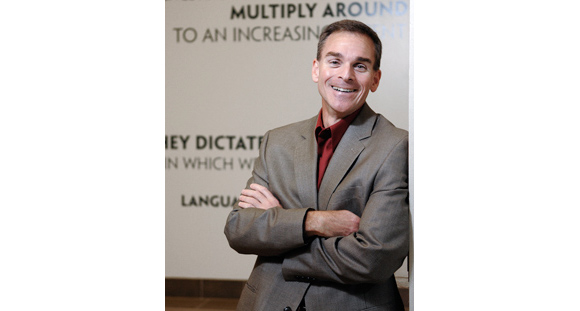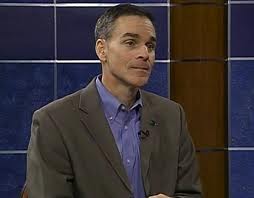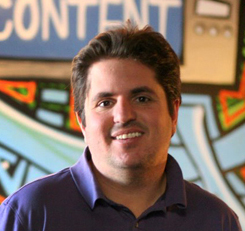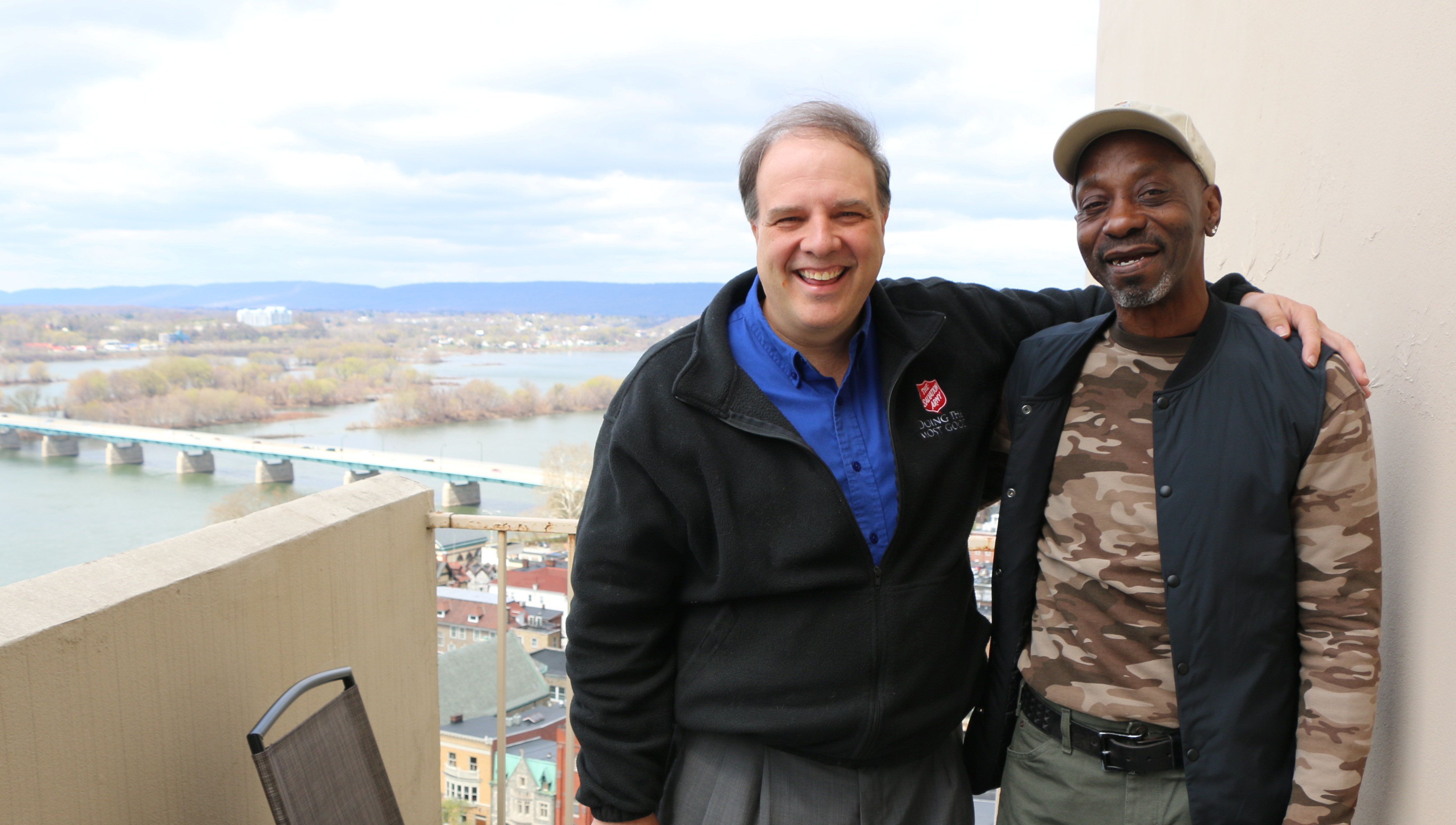Harrisburg University of Science and Technology, which opened just eight years ago, isn't your typical college.
Its tuition structure doesn't include many of the fees most colleges charge. Nearly half of its roughly 350 students are women. Almost half are racial minorities.
Eric Darr has been at Harrisburg University for longer than it has had students. In May he was named president after almost a year of serving as interim leader. He replaces Mel Schiavelli, who left for a leadership role at Northern Virginia Community College. Now that Darr is officially in charge, he can act on ideas to place Harrisburg University on a national stage. This fall it's offering classes in Philadelphia, using space at the Hussian School of Art.
Darr recently chatted with Keystone Edge. This interview has been condensed and edited.
KE: What are some of your goals now that you're in the president's chair?
ED: I would like to augment and remake our board of trustees. The board's bylaws allow for 35 trustees, and currently 24 of those seats are filled. We need to strengthen our connections to information technology, strengthen our connections with Philadelphia – we're going to have a campus there starting in the fall – strengthen our connections with the Washington, D.C., area for obvious reasons. I'd like to get national thinkers about education on the board. As we think about partnerships with the Hussian School of Art, the university's going in a way that will integrate the arts more into our technology programs. Strengthening our connections to the commonwealth could take a lot of different forms. Maybe someone who served as a governor in the past, someone who served as a secretary of education in the past, someone who's respected by the current administration.
KE: One of the main initiatives you've worked on was to expand into Philadelphia. What prompted this?
ED: We had several years of successfully recruiting undergraduate students out of the Philadelphia School District. We've convinced these students to come to Harrisburg and take courses at HU. We pay attention to the students who are in the Philadelphia School District. They're a lot like the students in the Harrisburg School District. We created programs that support students that might need that support – additional help with English or additional help with math or writing, or life skills. We offer small class sizes and personal attention. For a variety of reasons, I think, we've been successful in drawing students from Philadelphia. What if we had a place in Philadelphia?
KE: Your tuition is frozen for the next school year. How did that decision come about and how is it possible?
ED: We looked around, and what we saw in the market is that everyone's going to have some sort of tuition increase. We saw it as an opportunity to position ourselves in the market as living up to our word, meaning keeping the cost of education as affordable as we can and recognizing that one of the reasons for our existence is access. If we kept increasing tuition like everybody else, that would be disingenuous to the populations we're trying to serve.
We don't have the overhead others have. We outsource career placement services. Other universities have what, four or five or six people running around a career services office? While that's important, I would rather use an outsourced person or group of people that wake up every day and that's all they do. We've outsourced to a firm that does all of the janitorial and building maintenance and security at next to nothing. I'm not saying that every year we're going to hold costs constant, but this year we were. And putting my marketing hat on, this year was a good time to do it.
KE: One of your goals is to expand enrollment and add more locations. Tell me more about that.
ED: In the next 12 months, we'll be expanding and adding a location in Baltimore for much of the same reasons as Philadelphia. We have a partner in Baltimore's inner city. We'll use their space, start with a few programs and go from there. We're recruiting students from the Baltimore School District. Particularly inner-city Baltimore kids may be more comfortable in the city of Baltimore or the city of Harrisburg.
We're partnering with a company called Altius. With their help we're going to move two of our graduate programs online: the master's in analytics and the master's in information systems engineering and management. Projections are that those two degree programs could have 500 online students in the next 12 to 18 months.
KE: Harrisburg University has had financial struggles in recent years. Dauphin County made some debt payments on its building. What are your plans to recover from these financial issues?
ED: We don't have excess or overhead, so cutting our way to profitability is not a viable strategy. Expansion is the viable strategy.
That's why reaching out to students beyond here in Central PA makes sense. Moving graduate programs online makes a lot of sense. Forming strategic workforce partnerships with companies, where we would create academic programs to train their workforce and what they need three to five years from now. We'll try to recruit more and more traditional-aged residential students here in Harrisburg, but that's not the only strategy. If we can become known as the university that can quickly build a pipeline of talent in science and technology, that would be fantastic.
↑ Top





